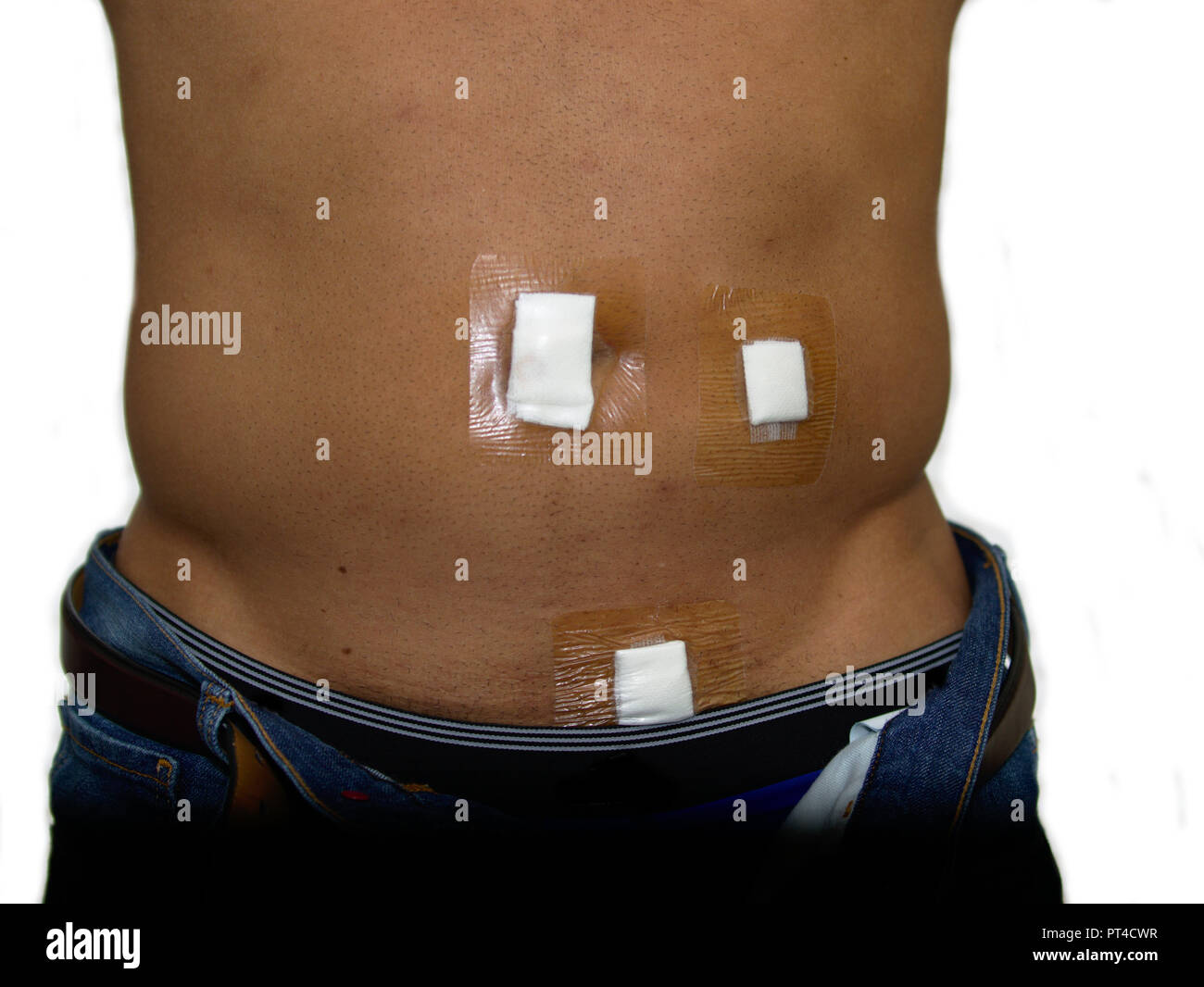10 Allergic Cough Medicine Remedies For Fast Relief

Allergic coughs can be a significant source of discomfort, disrupting daily activities and sleep patterns. The primary culprit behind an allergic cough is often the body’s immune response to allergens like pollen, dust mites, pet dander, or mold. When these allergens are inhaled, they can trigger the release of histamine and other chemicals, leading to inflammation and excess mucus production in the airways, which in turn causes coughing. Managing an allergic cough effectively requires a combination of understanding the underlying causes, avoiding allergens, and using appropriate remedies. Here, we’ll explore 10 allergic cough medicine remedies that can provide fast relief, along with guidance on how to choose the most suitable option for your specific needs.
1. Antihistamines
Antihistamines are a first line of defense against allergic reactions, including allergic coughs. They work by blocking the action of histamine, a chemical released during an allergic reaction. Examples include diphenhydramine (Benadryl) and loratadine (Claritin). When choosing an antihistamine, consider whether you prefer a sedating or non-sedating option, as this can impact your daily activities.
2. Decongestants
Decongestants can help relieve a stuffy nose and reduce the amount of mucus, which can indirectly help with coughing caused by allergies. Pseudoephedrine (Sudafed) is a common decongestant. However, it’s crucial to follow the instructions carefully and be aware of any potential side effects or interactions with other medications.
3. Cough Suppressants
Cough suppressants, such as dextromethorphan, can help relieve dry, hacky coughs. They work by reducing the brain’s cough center activity. These are often found in over-the-counter cough medicines. When selecting a cough suppressant, ensure it doesn’t contain any ingredients you’re allergic to or that could interact with other medications you’re taking.
4. Expectorants
Expectorants, like guaifenesin, help thin mucus, making it easier to cough up. This can be particularly useful for productive coughs associated with allergies. It’s essential to stay hydrated when using an expectorant to help loosen mucus.
5. Steroid Nasal Sprays
Steroid nasal sprays can reduce inflammation in the nasal passages, which can help alleviate allergic coughs by reducing the amount of mucus that drips down the back of the throat. Examples include fluticasone (Flonase) and triamcinolone (Nasacort). When using a steroid nasal spray, follow the instructions for proper use and be patient, as these sprays can take a few days to start working effectively.
6. Saline Nasal Sprays
Saline nasal sprays can moisturize the nasal passages and help clear out mucus and allergens, providing quick relief from congestion that may lead to coughing. They are safe for daily use and can be especially beneficial when used in conjunction with other remedies.
7. Humidifiers
Adding moisture to the air with a humidifier can help relieve a cough by keeping the airways moist and reducing irritation. This is especially helpful in dry environments. However, it’s crucial to clean and maintain your humidifier regularly to prevent mold growth.
8. Throat Lozenges
Throat lozenges can provide temporary pain relief and soothe an irritated throat, which can be comforting when experiencing an allergic cough. Look for lozenges with soothing ingredients like honey or menthol.
9. Honey
Honey has natural antibacterial and anti-inflammatory properties and can act as a cough suppressant. It can be consumed directly or mixed with warm water or tea to help soothe the throat. When choosing honey, opt for raw, unfiltered honey for the most benefits.
10. Immunotherapy
For long-term relief from allergic coughs, immunotherapy (allergy shots) can be an effective solution. It works by gradually desensitizing the body to specific allergens over time, reducing the allergic reaction and subsequent coughing. This option requires a commitment to regular shots over several months but can provide significant relief for those with severe allergies.
Choosing the Right Remedy
When selecting a remedy for your allergic cough, consider the severity of your symptoms, any underlying health conditions, and potential interactions with other medications. It’s also essential to consult with a healthcare professional, especially if your cough persists, worsens, or is accompanied by other concerning symptoms like difficulty breathing, chest pain, or fever.
Frequently Asked Questions
What is the best way to manage an allergic cough at home?
+Managing an allergic cough at home involves avoiding known allergens, using antihistamines or decongestants as needed, staying hydrated, and using a humidifier to moisturize the air. It's also beneficial to establish good hygiene practices and consider immunotherapy for long-term relief.
Can allergic coughs be prevented?
+While allergic coughs can't be completely prevented, reducing exposure to known allergens can significantly lower the risk. Using HEPA filters, keeping pets out of the bedroom, washing bedding in hot water weekly, and avoiding strong odors or fumes can also help minimize allergic reactions.
How long does it typically take for allergic cough remedies to start working?
+The time it takes for allergic cough remedies to start working can vary depending on the remedy and the individual's response. Antihistamines and decongestants can provide relief within an hour, while steroid nasal sprays may take a few days to start showing effects. Immunotherapy, on the other hand, is a long-term solution that may take months to a year or more to achieve noticeable results.
In conclusion, managing an allergic cough requires a multi-faceted approach that includes understanding your allergens, using appropriate medications, and practicing good hygiene and avoidance strategies. By considering your specific needs and the severity of your symptoms, you can choose the most effective remedy from the options outlined above. Remember, it’s always a good idea to consult with a healthcare professional for personalized advice and to rule out any underlying conditions that may need medical attention.



